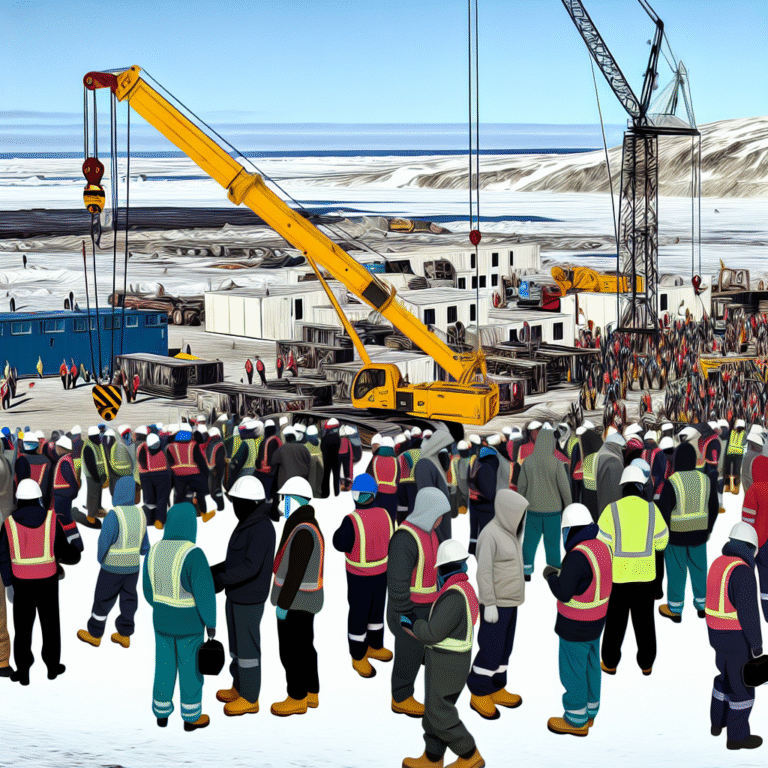EU Commission to Boost Greenland’s Development with €530 Million Allocation
The European Commission has announced a significant financial commitment of €530 million—approximately DKK 4 billion—to Greenland for the period from 2028 to 2034. This new allocation more than doubles the €225 million (nearly DKK 1.7 billion) that the EU had set aside for Greenland during the preceding partnership phase from 2021 to 2027.
In addition to this partnership framework, Greenland benefits from a fisheries agreement, projected to contribute an additional €17.3 million (about DKK 129 million) in 2025 alone.
The proposal put forth by the EU Commission is now set to undergo discussions and negotiations among member states over the next two years. Simultaneously, the specific use of these funds will be deliberated with Greenlandic officials.
The increase in funding underscores the EU’s commitment to its partnership with Greenland, a sentiment emphasized by Simon Bojsen-Møller, head of the EU Commission’s office in Nuuk. He remarks that the heightened investment reflects the growing importance of this relationship, particularly in light of current geopolitical dynamics.
Focus on Education
The majority of the EU’s funding to Greenland is funneled directly via the Ministry of Finance as budgetary support, which is managed by local authorities. Notably, around 25 percent of this support is performance-based, contingent on the successful achievement of shared educational objectives established by both the EU and Greenland.
It’s noteworthy that a staggering 90 percent of the current funding is allocated to bolster the education sector. “The EU funds are managed by Greenland, operating within the framework of the education strategy as determined by local institutions,” explains Bojsen-Møller.
Investment in Natural Resources and Renewable Energy
Beyond the realm of education, the EU’s financial support also targets the development of raw materials and renewable energy initiatives in Greenland. Much like the education funding, these resources come as budgetary support intended to empower local governance. This can include activities such as enhancing geological research, establishing environmental and social guidelines for enterprises, and conducting various studies.
“This approach is centered on strengthening cooperation with self-governance and expanding opportunities for the private sector in Greenland,” Bojsen-Møller notes. He adds that these ample resources significantly bolster existing Greenlandic administrative frameworks, which would face considerable challenges in their absence.
The proposal for increased funding over the coming years thus signals the EU’s recognition of Greenland’s potential and the critical nature of their partnership—a sentiment further reinforced by the establishment of an EU office in Nuuk.
